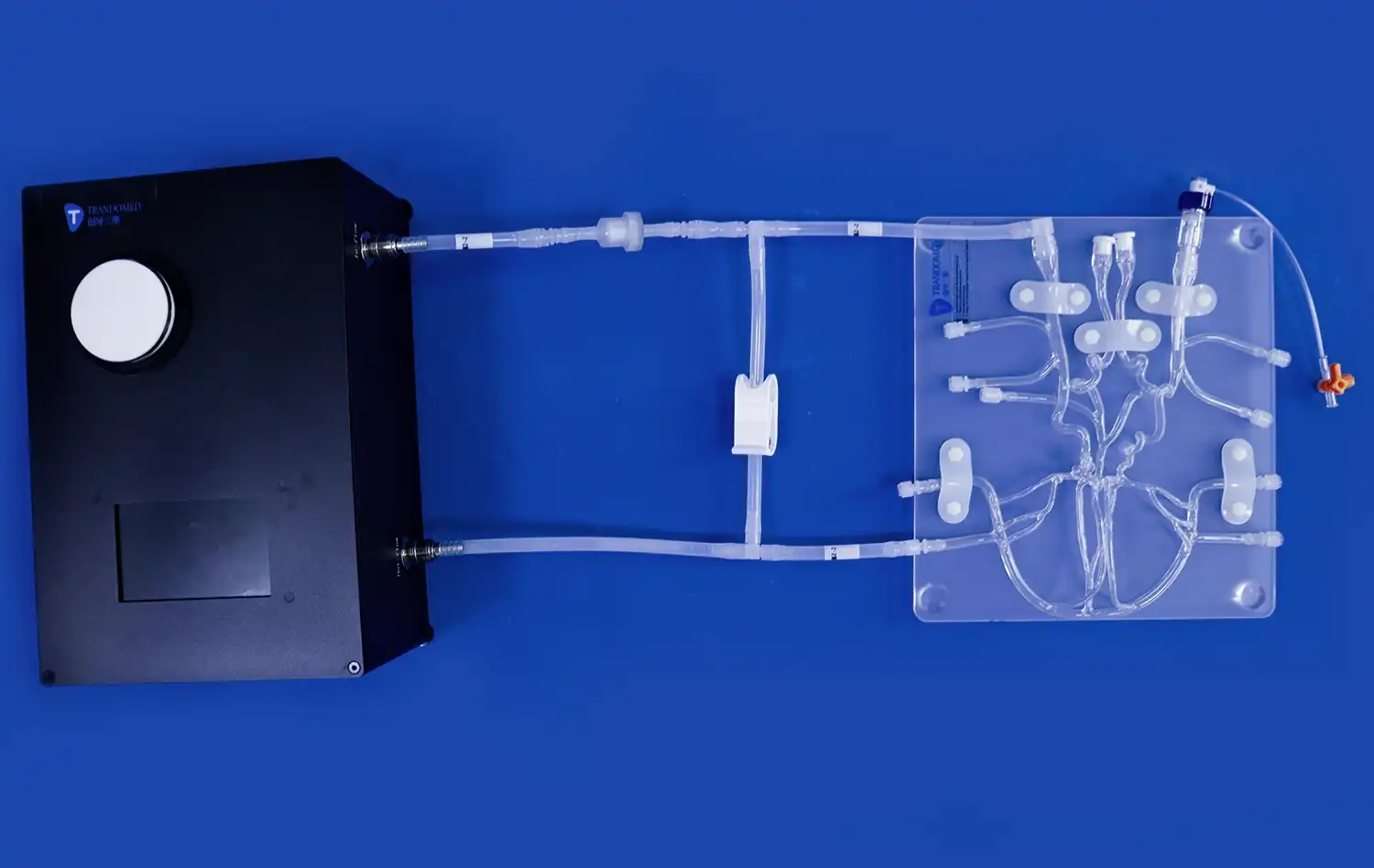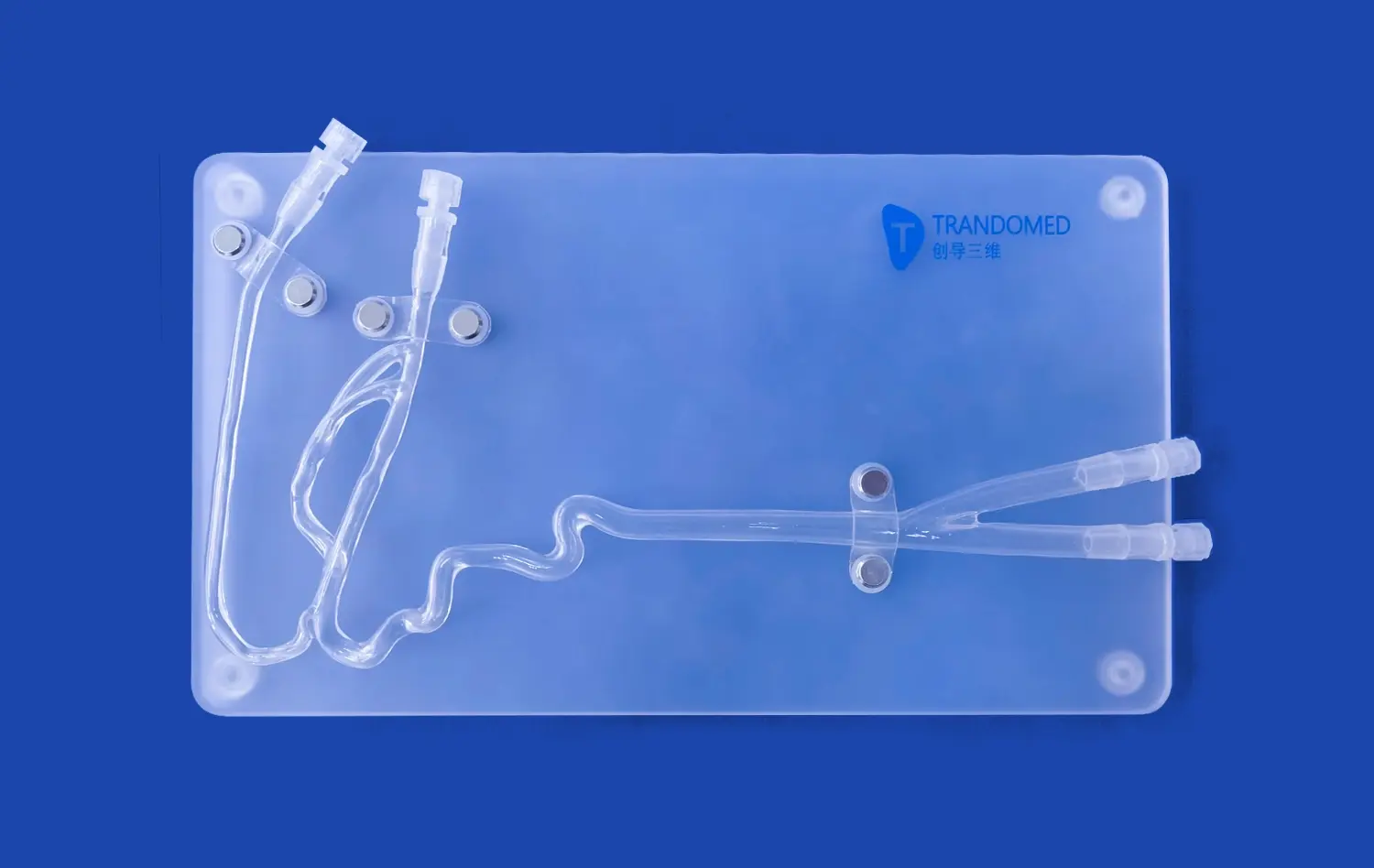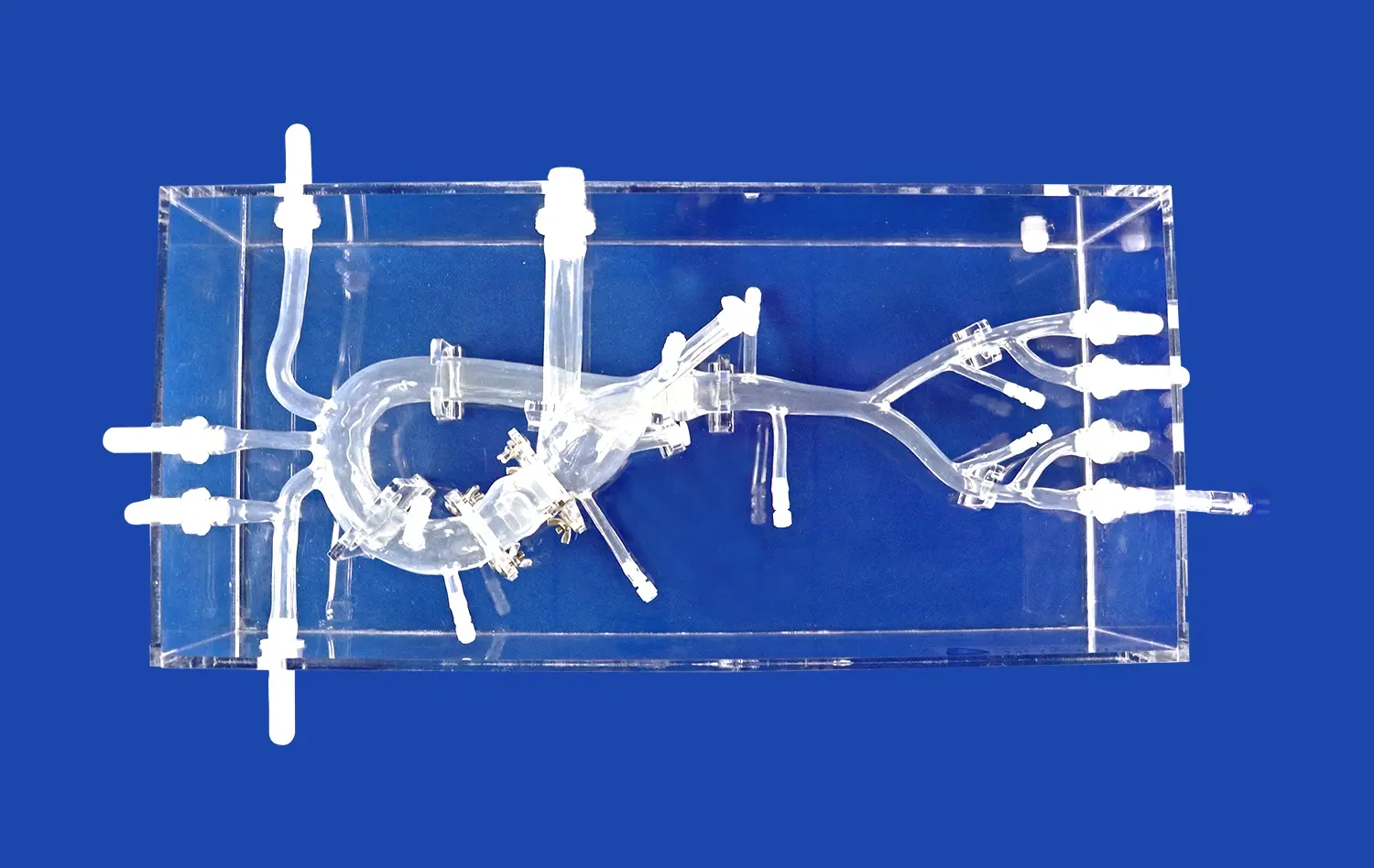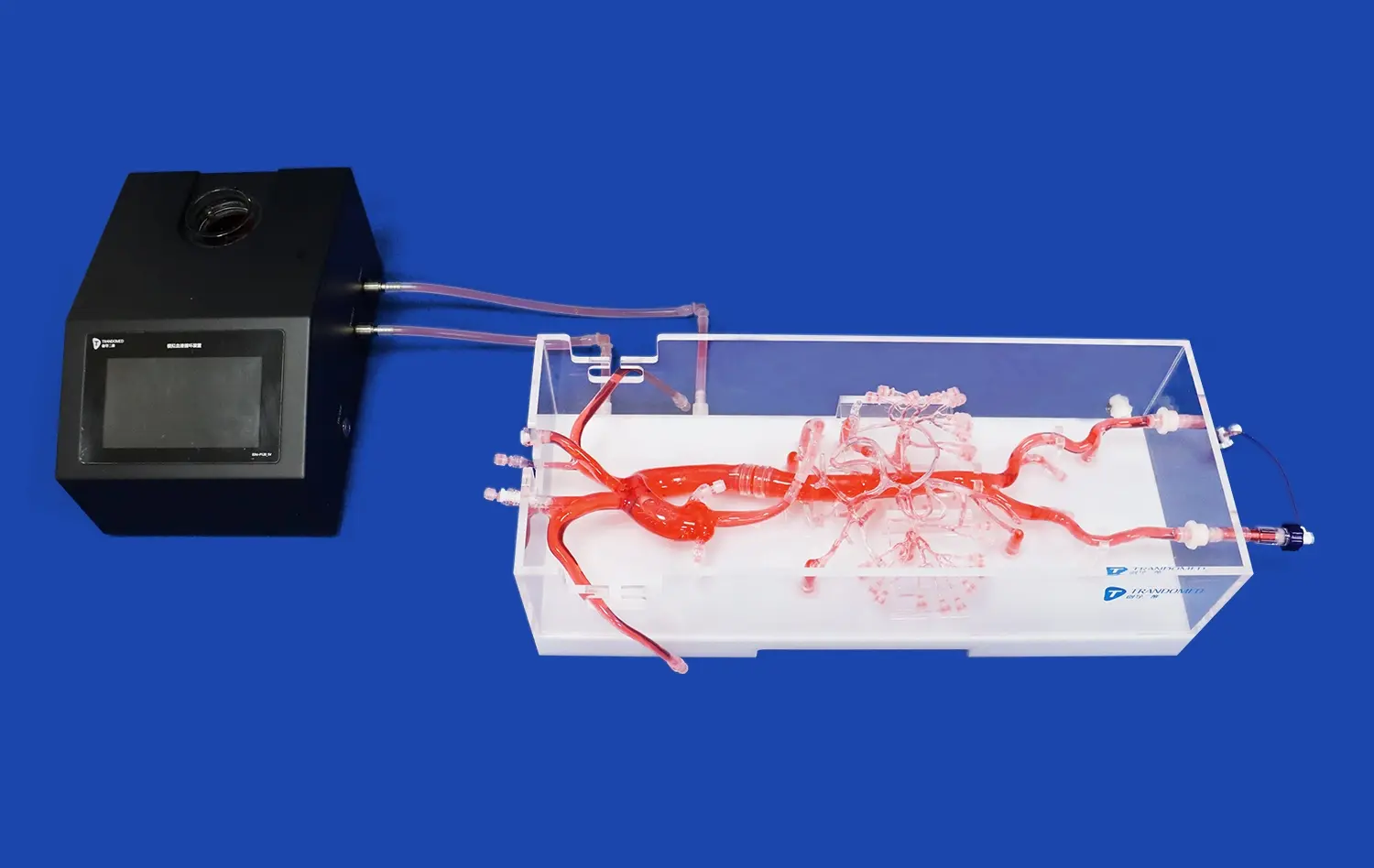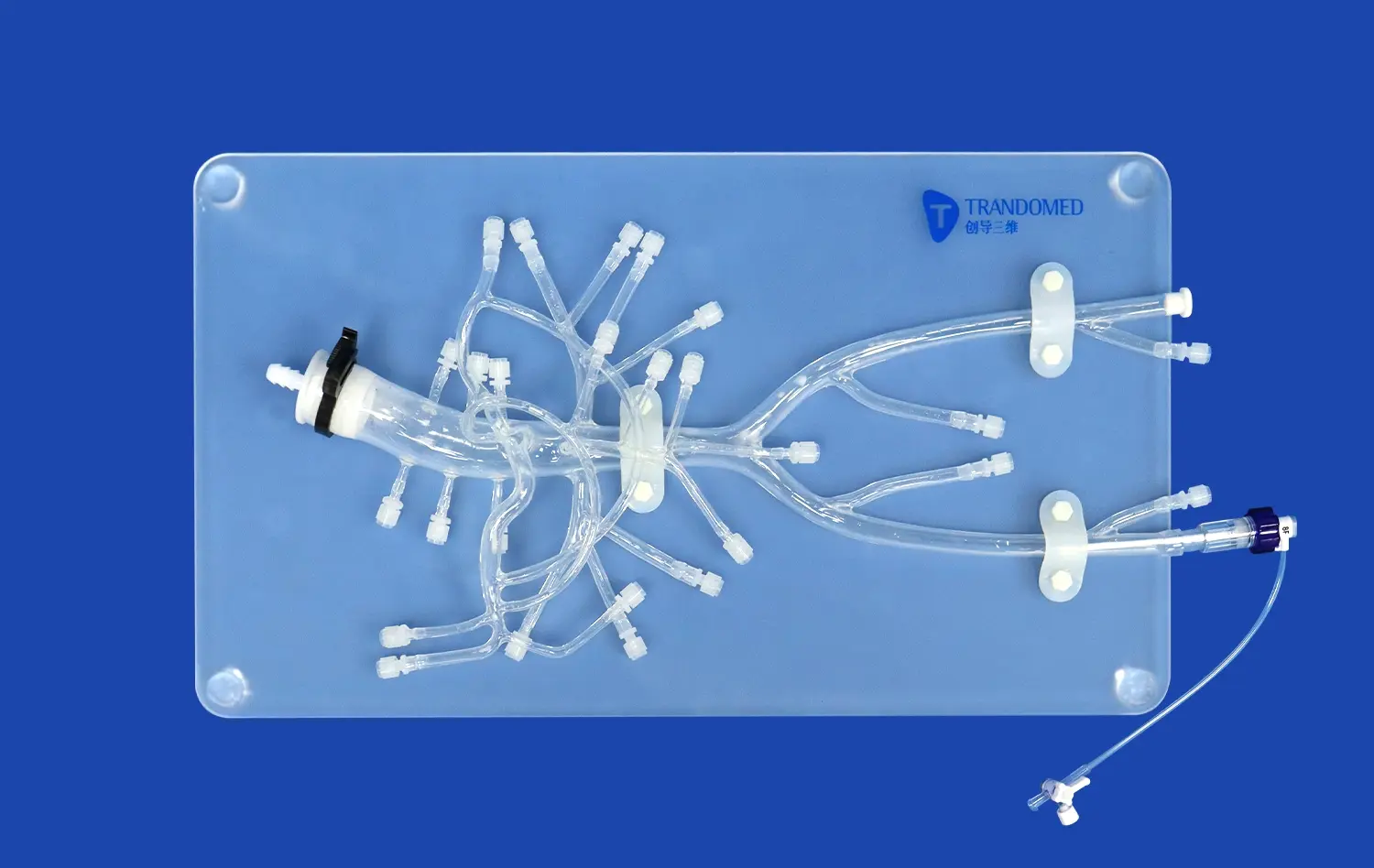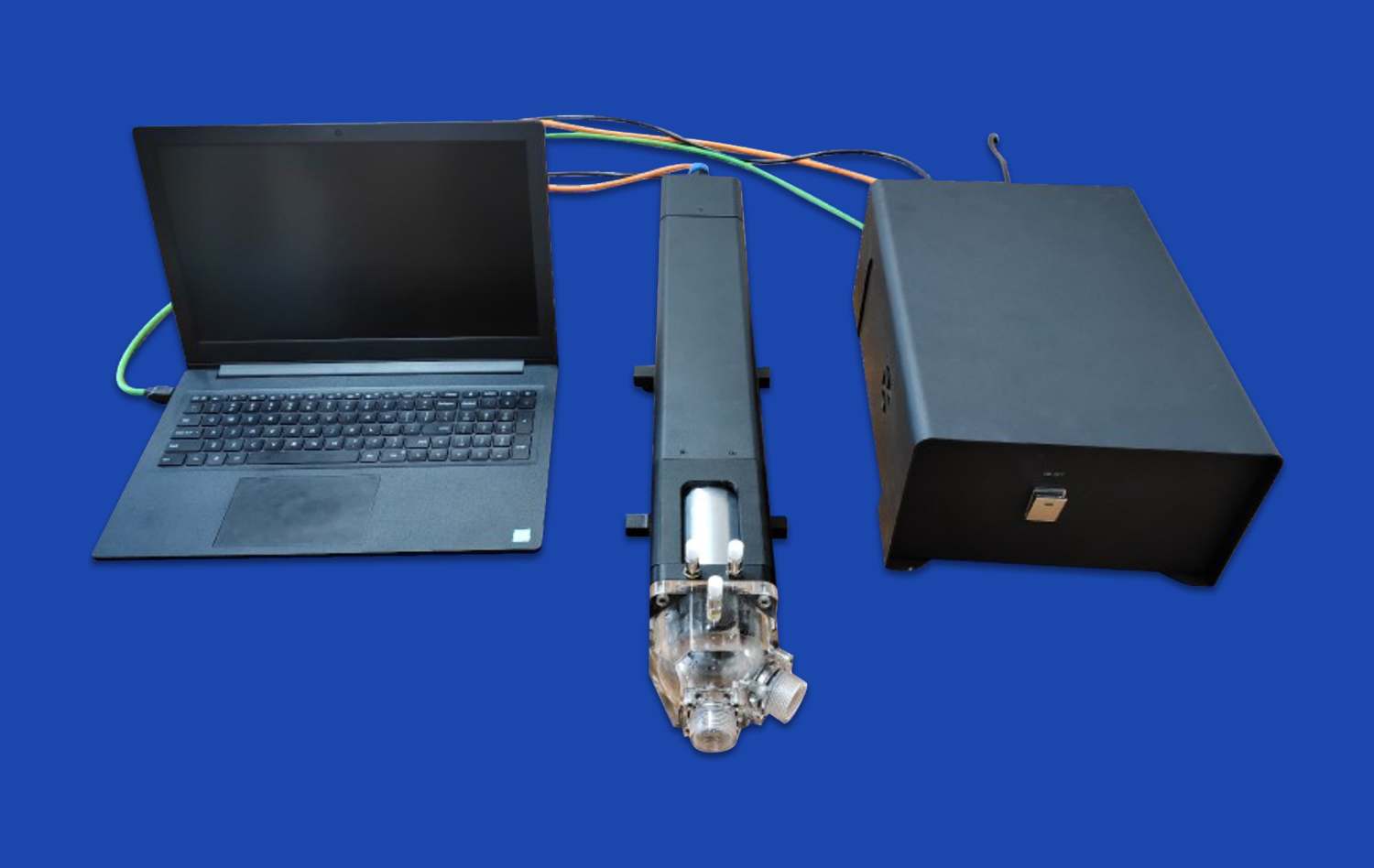How Does Repetitive Practice Improve Clinical Decision-Making?
Neuroplasticity and Skill Acquisition
Repetitive practice with the ERCP Simulator II leverages the brain's neuroplasticity, fostering neural pathways dedicated to procedural memory. This process enhances the clinician's ability to perform ERCP techniques with increased precision and efficiency. As trainees engage in multiple simulations, they develop a heightened sense of tactile feedback and spatial awareness, crucial for navigating the complex anatomy of the biliary system.
Pattern Recognition in Diagnostic Scenarios
Through consistent exposure to various pathological conditions simulated by the ERCP Simulator II, practitioners cultivate robust pattern recognition skills. This cognitive enhancement allows for quicker identification of abnormalities such as bile duct obstructions, pancreatic duct irregularities, or the presence of gallstones. The simulator's capacity to present diverse clinical scenarios accelerates the development of diagnostic acumen, enabling clinicians to make more accurate and timely decisions during real procedures.
Muscle Memory and Procedural Fluency
The ERCP Simulator II facilitates the development of muscle memory for intricate maneuvers required in ERCP procedures. Repetitive practice of catheter insertion, guidewire manipulation, and sphincterotomy techniques on the simulator translates to smoother execution in clinical settings. This procedural fluency not only reduces the cognitive load during actual procedures but also allows clinicians to focus more on patient-specific factors and potential complications, enhancing overall patient care.
Simulation-Based Strategies for Complex Biliary Interventions
Mastering Cannulation Techniques
The ERCP Simulator II provides a platform for perfecting cannulation techniques, a critical aspect of successful ERCP procedures. Trainees can practice various approaches to selective biliary cannulation, including the standard technique, wire-guided method, and double-guidewire technique. The simulator's realistic papilla allows for the refinement of subtle manipulations necessary for accessing the common bile duct, reducing the risk of post-ERCP pancreatitis in actual patients.
Stone Extraction and Lithotripsy Simulation
Complex biliary interventions often involve the removal of stones from the common bile duct. The ERCP Simulator II offers scenarios for practicing stone extraction using balloon catheters and baskets. Additionally, it simulates lithotripsy procedures, allowing clinicians to develop strategies for managing larger stones that require fragmentation before removal. This hands-on experience with various extraction tools and techniques prepares practitioners for challenging cases they may encounter in clinical practice.
Stent Placement and Management
Biliary stent placement is a crucial skill in managing obstructive jaundice and other biliary tract disorders. The ERCP Simulator II enables trainees to practice the precise positioning and deployment of both plastic and metal stents. Users can hone their skills in navigating strictures, selecting appropriate stent sizes, and managing complications such as stent migration or occlusion. This targeted practice enhances the clinician's ability to provide effective palliative care and manage complex biliary obstructions.
Assessing Skill Retention and Procedural Confidence
Objective Performance Metrics
The ERCP Simulator II incorporates advanced tracking systems to provide objective performance metrics. These measurements include procedure time, accuracy of instrument placement, and success rates for various interventions. By analyzing these metrics over time, educators can assess skill retention and identify areas for improvement. This data-driven approach allows for personalized learning paths and targeted feedback, ensuring that trainees maintain and enhance their skills consistently.
Scenario-Based Competency Evaluation
To assess procedural confidence, the ERCP Simulator II offers a range of scenario-based evaluations. These simulations present trainees with complex cases that test their ability to apply knowledge in high-pressure situations. By progressing through increasingly challenging scenarios, practitioners can gauge their readiness for real-world procedures. This structured approach to competency evaluation helps identify knowledge gaps and builds confidence in handling diverse clinical presentations.
Longitudinal Skill Assessment
The ERCP Simulator II facilitates longitudinal skill assessment, allowing for the tracking of a practitioner's progress over extended periods. This feature is particularly valuable for maintaining proficiency in less frequently performed procedures. By periodically revisiting simulations, clinicians can ensure their skills remain sharp and up-to-date with current best practices. The ability to benchmark performance against previous attempts or peer standards provides valuable insights into skill retention and areas requiring continued focus.
Conclusion
In conclusion, the ERCP Simulator II stands as a testament to the power of advanced medical simulation in enhancing diagnostic and treatment skills. Its realistic design, versatility, and customization options make it an indispensable tool for medical education and training. By providing a safe environment for repetitive practice, the simulator enables healthcare professionals to refine their techniques, improve decision-making skills, and ultimately deliver better patient outcomes in ERCP procedures. As the field of gastroenterology continues to advance, tools like the ERCP Simulator II will play a crucial role in preparing the next generation of skilled endoscopists.
Contact Us
To learn more about how the ERCP Simulator II can revolutionize your institution's endoscopic training program, contact Trandomed today. Our team of experts is ready to discuss how our cutting-edge simulation technology can be tailored to meet your specific educational needs and enhance your practitioners' skills. For more information or to request a demonstration, please email us at jackson.chen@trandomed.com.
